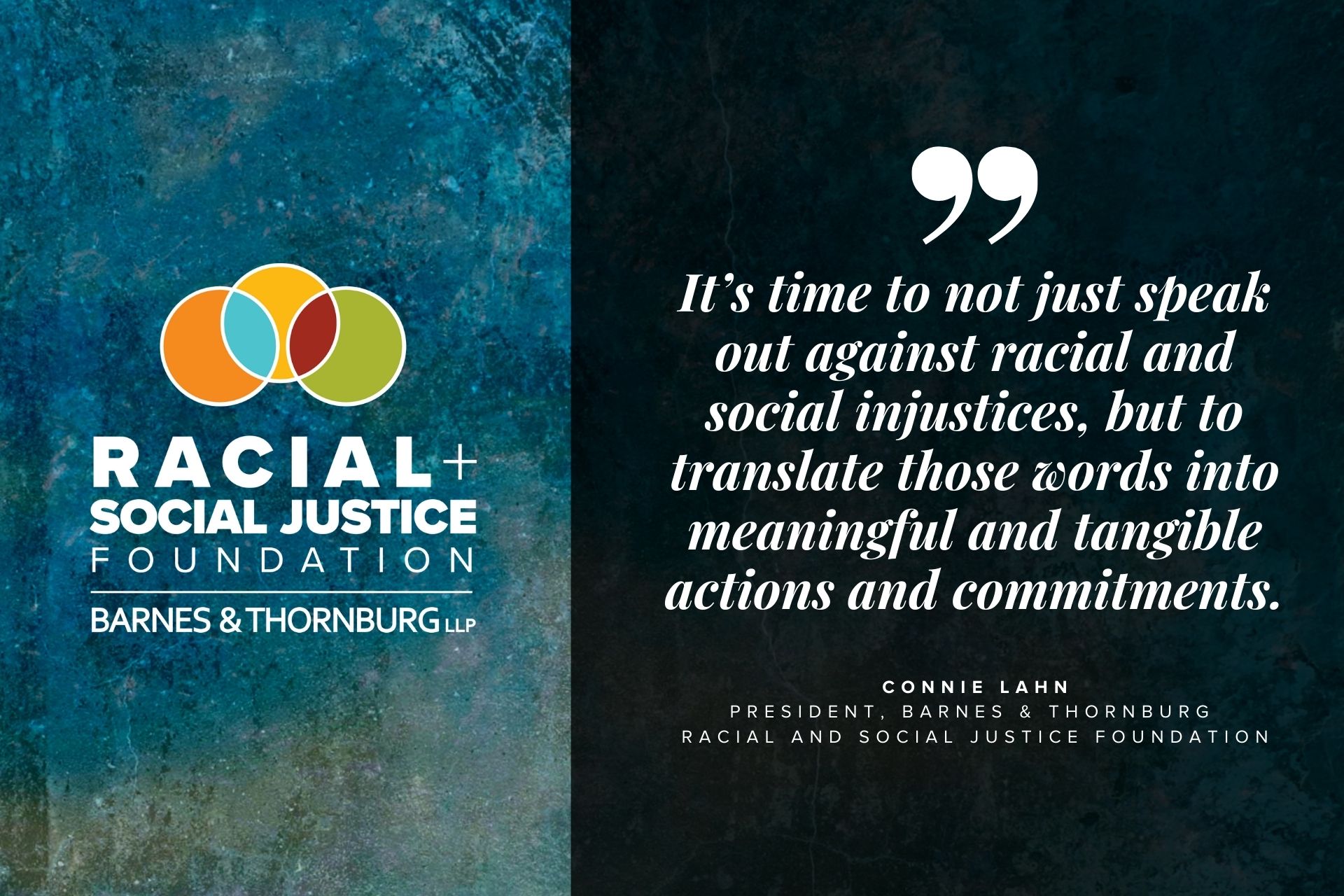概述
The National Labor Relations Board (NLRB) recently issued a decision adopting a new standard for evaluating employer work rules
Many work rules commonly used today by employers may be considered a violation of the National Labor Relations Act under the new standard
Employers should consider reviewing their current work rules to ensure compliance with the NLRB’s new emphasis on targeting policies it considers too broad or restrictive
On Aug. 2, 2023, the National Labor Relations Board (NLRB) issued a decision in Stericycle Inc., that subjects employer handbooks and policies to a new and higher level of scrutiny. Under the NLRB’s analysis in Stericycle, employer policies that previously seemed routine or standard may now be considered violations of the National Labor Relations Act.
Section 8(a)(1) of the act prohibits employers from interfering with, restraining or coercing employees from exercising their rights under Section 7 of the act. Section 7 protects an employee’s right to form, join or assist labor organizations. In the past few years, the NLRB has made clear that it will consider employer policies it deems overbroad or restrictive to be an improper restraint on employees’ Section 7 rights.
Under Stericycle, the NLRB will evaluate employer policies and rules to determine whether an employee could “reasonably interpret the rule” to restrict employees from freely taking collective action with their coworkers pursuant. If the board can demonstrate that an employee is reasonably likely to interpret a company rule to have a chilling effect on his or her Section 7 rights, then the rule will be presumptively unlawful, even if a “non-coercive” interpretation is also reasonable.
In other words, if the board determines a work rule could be reasonably considered to restrict an employee’s right to take collective action, the board will consider the rule presumptively unlawful.
Once the NLRB determines a rule is presumptively unlawful, the employer will have the opportunity to rebut the presumption by demonstrating 1) the rule advances a legitimate and substantial business interest, and 2) the employer is unable to advance that interest with a more narrowly tailored rule. The board’s decision in Stericycle provides little insight into what might be considered a “legitimate and substantial business interest.”
Key Takeaways
The NLRB’s Stericycle decision is likely to affect most employers’ current policies and handbooks, particularly policies that were previously considered standard. Employers should consider reviewing their employee handbooks and other workplace policies to ensure they are compliant with the board’s new emphasis on striking down policies it considers to be chilling on employees’ workplace rights.
For more information, please contact the Barnes & Thornburg attorney with whom you work or John Kuenstler at 312-338-5924 or john.kuenstler@btlaw.com or Michael Witczak at 310-284-3764 or michael.witczak@btlaw.com.
© 2023 Barnes & Thornburg LLP. All Rights Reserved. This page, and all information on it, is proprietary and the property of Barnes & Thornburg LLP. It may not be reproduced, in any form, without the express written consent of Barnes & Thornburg LLP.
This Barnes & Thornburg LLP publication should not be construed as legal advice or legal opinion on any specific facts or circumstances. The contents are intended for general informational purposes only, and you are urged to consult your own lawyer on any specific legal questions you may have concerning your situation.








